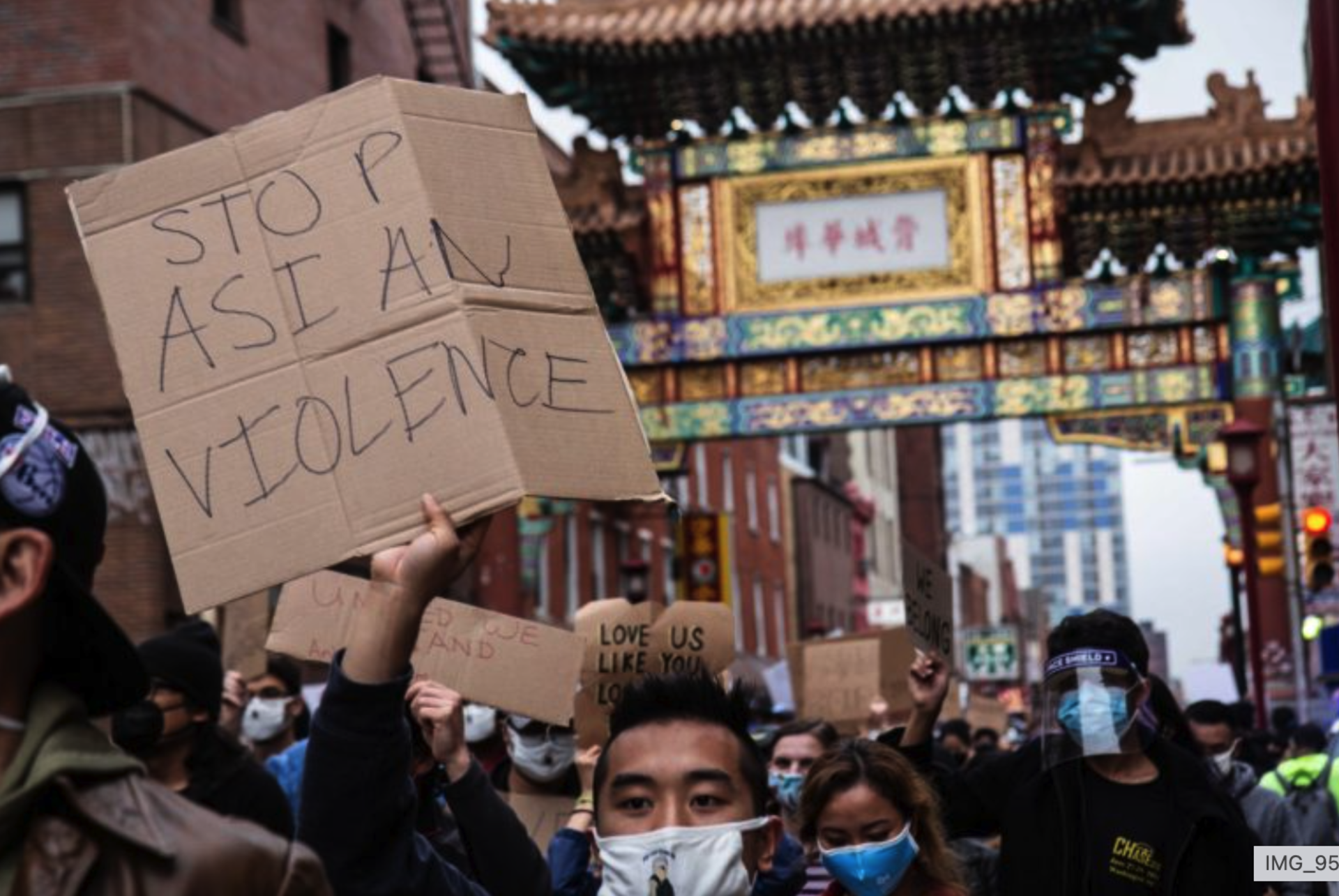What Is Our Role Against AAPI Hate
By: Alexander Nguyen, Class of 2024
 Our role as healthcare providers is no different than any other person’s role against AAPI Hate. As someone who is first generation Vietnamese American, I chose to attend the Lewis Katz School of Medicine to get my MD and serve underserved communities such as the one I come from. Never would I have ever imagined, I would be doing that during this era though.
Our role as healthcare providers is no different than any other person’s role against AAPI Hate. As someone who is first generation Vietnamese American, I chose to attend the Lewis Katz School of Medicine to get my MD and serve underserved communities such as the one I come from. Never would I have ever imagined, I would be doing that during this era though.
What is this era? It’s the era where I can walk outside and get punched in the face because I am Asian and am to blame for the coronavirus. It’s the era where I look over my shoulder every time somebody walks past me so I’m able to dodge or block a strike. It’s the era where my mom and dad can get attacked with wooden planks and cinderblocks while grocery shopping at Whole Foods in California. It’s the era where my sister can get spit on and get called chink while she roller-skates at the park in her free time after a long day’s worth of studying. It's the era where I turn off my headphones when I walk back home to my apartment in Chinatown so I’m able to hear someone’s cry for help if they were being harassed. It’s an era where there are over a thousand acts of discrimination towards the Asian American community that occur a month. These hate crimes range from shooting, stabbing, acid-throwing and more. There are, for sure, many more acts that go underreported solely because Asian American immigrants face language barriers and lack the institutional support necessary to address and report hate crimes.
I watch and I read all these horrifying events in the news every single morning and I feel trapped. I feel as if I am not able to help while I am occupied with having to study lecture after lecture. I feel as if I am watching the world and the people I care about burn in flames in front of me while I do nothing. These statements are entirely false as I personally do a lot for my community. I work as a researcher and volunteer at the Center for Asian Health at LKSOM. I’m also an active member of the Vietnamese American non-profit organization PIVOT. These feelings, however, of powerlessness and imprisonment and feelings that I am not doing enough for my people are very real.
If you’re Asian American as well, I’m willing to bet a part of you feels the same way whether or not you’re willing to accept those painful feelings. How could we help it? Medical school and the medical profession is tough and demanding, as it should be. I am blessed to be a part of the Lewis Katz School of Medicine. In fact, part of my daily gratitude meditation involves me reminding myself of that. However, if you are a member of the LKSOM family, you have a role in all of this AAPI discrimination whether you are Asian or not. You have a role in this because you are a human being.
I’m not asking you to become educated about US history in the 60s that involved the mass killing of Vietnamese civilians during the Vietnam War. I’m not asking you to learn about the mass discrimination that involved forced vaccinations, quarantines in Chinatown and lynchings that Chinese people faced when they first immigrated here in the late 19th century. I’m also not asking you to become an expert about the Japanese internment camps during the 40s. I’m asking you to stand up when you see anti-Asian harassment. I’m asking you to find the courage I know you have in your heart, to save my family someday, when they are attacked on the street. This pandemic may end as the world becomes more vaccinated. The racism and hate crimes, however, are here to stay if we do not have solidarity.
As clinicians, please support the AAPI community by investigating factors within ethnic groups instead of just grouping us all as Asians. Did you know that Korean Americans have high uninsurance rates, or that Vietnamese American women face high cervical cancer rates, or that Filipino Americans and Asian Indians have higher rates of type 2 diabetes compared to other Asian American groups? Treat us and be mindful and conscious of the health disparities within our groups when you see us seated in your clinic rooms.
Love us as we love you and this country. Love us as you love our dim sum on Sunday mornings. Love us as you love my people’s phở and bánh mì. Love us as you love our action movie stars like Bruce Lee and Jackie Chan. Love us as you love our culture and decide to permanently tattoo your bodies with our dragons, samurai oni masks, bushido code text and kanji. Love us as you love watching your favorite MMA fighters use Asian martial arts such as Muay Thai, Jiu-Jitsu and Karate. Love us as I love you and your people and have dedicated myself and my blood to heal and reduce health disparities and discrimination for all people. This is our role as human beings.
